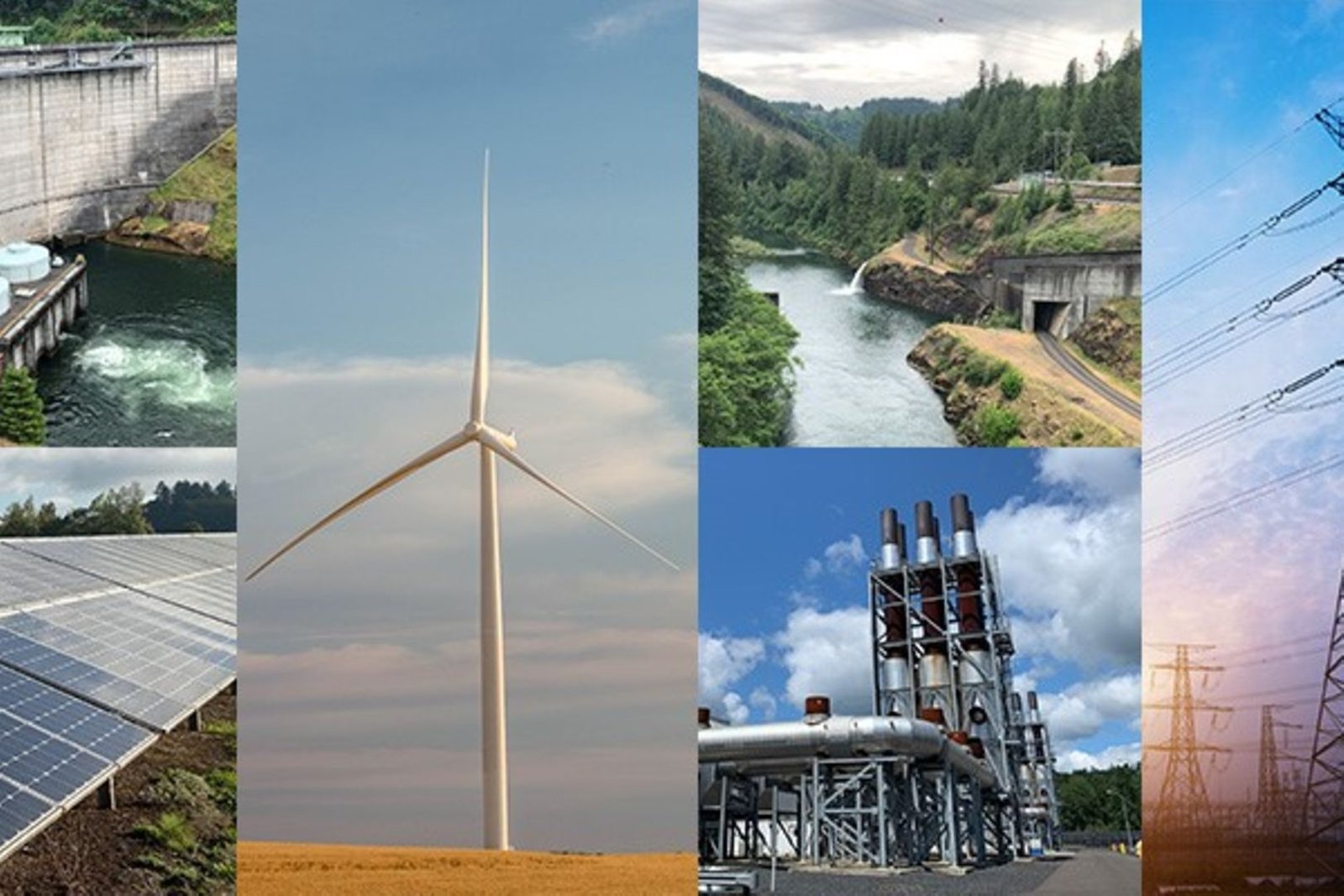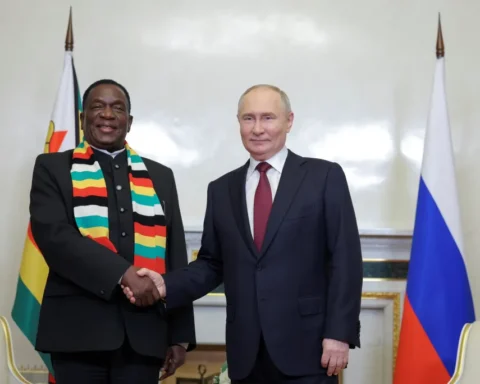The United Kingdom is deepening its engagement in Tanzania’s energy transition, offering fresh support for renewable technologies and electricity transmission as part of a broader partnership aimed at boosting sustainable development across East Africa.
The remarks were made on the sidelines of the Africa Energy Forum, where Andrew Mahiga, Country Director for the UK’s Department for Business and Trade, described the UK’s growing role in supporting companies looking to invest in Tanzania’s energy landscape.
“Our job is to make it easier for British firms to build partnerships, compete in tenders, understand local regulations, and engage meaningfully with the Tanzanian government,” Mahiga said.
The UK is particularly interested in renewable sectors including solar energy, battery storage systems, offshore wind farms, and the critical upgrade of Tanzania’s electric power transmission infrastructure.
“Tanzania’s main focus in the past was power generation, but the emphasis now is shifting to transmission and distribution. That’s where many UK companies are keen to invest,” Mahiga explained.
He cited UK-based Globeleq, which has been a key investor in the Songas gas plant, as a success story, while noting increasing interest in floating solar projects, especially in Zanzibar, which heavily depends on electricity from the mainland.
Also Read; Retained Earnings Tax Sparks Heated National Debate
A major development, Mahiga highlighted, is Tanzania’s recent decision to open up its transmission sector to private investment, ending a long-standing state monopoly and allowing new players to build and operate power lines. Pilot projects have been earmarked for regions like Shinyanga, Mbinga, and Kigoma.
Felchesmi Mramba, the Permanent Secretary in the Ministry of Energy, told the forum that Tanzania needs nearly USD 584 million from the private sector to expand its national grid and reach underserved communities.
Mahiga expressed optimism that British companies—supported by the UK’s strong global financing networks—are well-positioned to meet this demand. He also emphasized the need for transparent frameworks around Public–Private Partnerships (PPPs) and Independent Power Producers (IPPs) to attract long-term, responsible investment.
“We’re seeing increased interest from UK investors, especially when there’s policy clarity and opportunities to innovate,” he said. “Tanzania has done impressive work on generation, and opening up transmission is the logical next step.”
He added that cost-reflective tariffs and fair access to market data will be critical to making these projects financially viable and beneficial to local communities.







